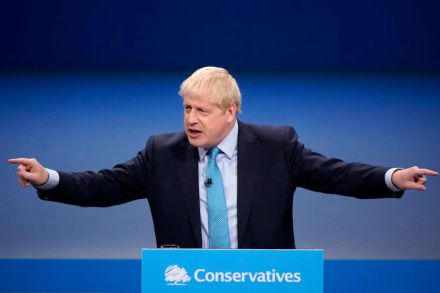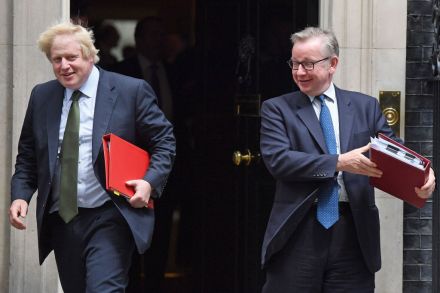The men I’ve groped (including Boris)
Charlotte Edwardes reports that Boris put his hand on her leg during lunch 20 years ago. Full disclosure, I put my hand on Boris’s leg 20 years ago during lunch. It wasn’t that I was making a pass at him. I just wanted to hold his attention while I was telling him something I wanted him to listen to. Now I am worrying. What if Boris and/or a cohort of other males come forward? ‘Mary assaulted me in a historic sex abuse incident. #SheToo.’ These are topsy-turvy times. Anything could happen and now I think about it, I’m sure I have been putting my hands on legs and generally assaulting










